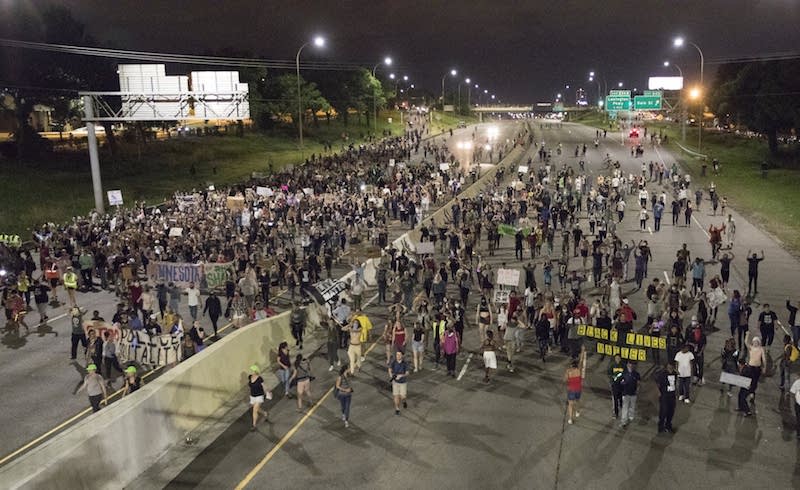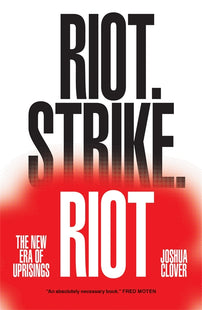The Widening Gap Between The Working Class and the Proletariat: A Conversation with Joshua Clover
Joshua Clover speaks with the IGDCast on contemporary struggles in the context of the conjuncture described in Riot. Strike. Riot.

Last December, Joshua Clover joined the host of the IGDCast, a project of Its Going Down, for a discussion of contemporary struggles in the context of the conjuncture described in Riot. Strike. Riot.
During the course of this discussion, we cover a lot of ground, from looking at material conditions in terms of people entering the workplace and public education, to the future of labor strikes as tech capital revamps the service industry, to the potential of blockades of flows of commodities, as well as looking back on past struggles and rebellions and what lessons they teach us. This includes both the Occupy Movement, the wave of riots that took place after the police murder of Mike Brown, Jr, in Ferguson, as well as the Student Occupation movement in California in 2009. Using history as a guide, we discuss what lessons might come to inform the future of revolt, as well as how capital restructuring our lives gives us insight into where the next rebellion might just pop off.
"The entire economy is shedding workers, it's been shedding workers for a while," Clover says. "So now you have this whole category of people [for which] lots of different categories get used. 'Surplus population' is probably the most common these days. 'Surplus' here doesn't mean surplus to our sense of the human. It means surplus to capital's needs to produce surplus value. And that population grows and grows. They're not included under that framework of 'working class' [as distinct from 'proletariat']. So what is the politics of that group of people? And that's the book. The book is about the politics of that group of people. And how that group of people is not going to strike, not because they think union hierarchies are screwed, but because they don't work. They don't have the kind of job and a wage that allows them to strike. They're going to do something else. And that's what the riot is...It's of the first importance to keep our eyes on the widening gap between the working class and the proletariat, which includes all those people are are proletarianized, who wake up in the morning and have to figure out how to stay alive."
Listen to the full conversation below.
Your browser does not support the audio element.
[book-strip index="1" style="buy"]
